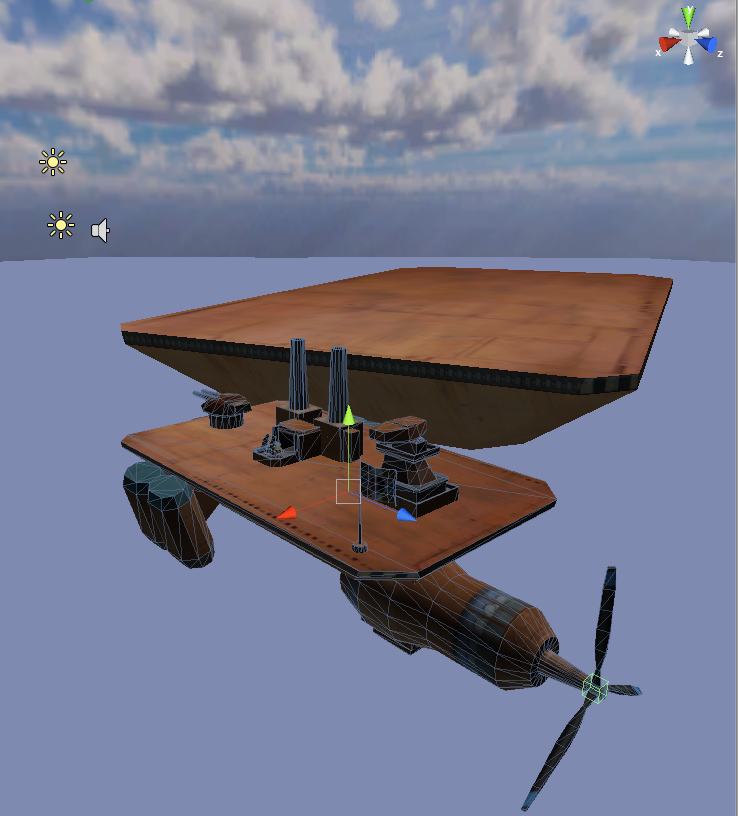The circumstances that lead me to play games are often bizarre. Some, such as the LAN gem Line of Sight : Vietnam, began as seemingly ill-fated parental buys. Others such as the enjoyable indie title Iron Grip : Warlords was found while browsing the steampunk works of its concept artist.
But Saboteur, I am almost ashamed to say, was a simple case of a quick Play.com “Top PC games” search, in the lead up to Xmas. Sounded like an interesting premise, so I thought I’d go for it. Part of me wanted to play it simply because I was curious to see a recent game. It had been a while. And overall, I must say I wasn’t disappointed.
You play the part of a member of the French Resistance, during WWII in occupied Paris. Not an immensely likable one, unfortunately, as he is possessed of a terrible Irish accent and exists in a world written with the kind of complexity and depth of character one might associate with a Michael Bay film. But of course, that’s why we have Nazis in the game in the first place; so you know your good from evil (notwithstanding the Brits of course; even when they’re your allies they’re still apparently bad news).
Saboteur’s most obvious comparison is with GTA, but I found myself repeatedly reminiscing on (the more grown-up) Mafia. That was likely due to the setting of 1930s cars and quirky jazz most likely, but both have immersion and atmosphere in spades. I love sandbox games, no matter how trendy they get. Saboteur does this side admirably; you get to go running around Paris as much as you like, sneaking around / blowing up a variety of Nazi installations in a number of different possible ways. The main plot manages to be both un-intrusive and very easy to pick up again; for example, the occasional reminder of the plot missions come via a shadowy-looking “pssst-here’s-a-secret-note” guy, true to the 50’s Hollywood style to which the game adheres.
Apart from its apparent lack of sophistication, my gripes are mainly with the save system. PC reviewers and gamers alike usually blame this kinda thing on “oh it’s what you get with console ports” but these days, that’s bull! Consoles have the exact same save system, it’s nothing short of a weak attempt to stop players cheating with saves. Half Life 2 allows you to do this. If it broke gameplay, somebody would have noticed by now. It is in fact one of those things game designers think will be a problem but actually isn’t. Whereas their ‘solution’ is, as always, a pain in the ass. I had to re-complete (three times as it happened) a big fat mission involving sneaking into a crypt, then fighting alongside the Resistance, simply because the first time I died and didn’t have time to do it again, and the second time the game decided it was having an off-day and crashed. The problem was even worse before I figured out that only when I’d seen the “Mission Complete!” message, was it safe to save and carry on later without discovering I’d taken a back-step.
Overall, though, I am still enjoying the odd game of Saboteur as much as any other I play. There are some great moments of sneaking past Nazis worthy of those classic film moments. And to all that find the setting appealing, I encourage you to give it a try.

